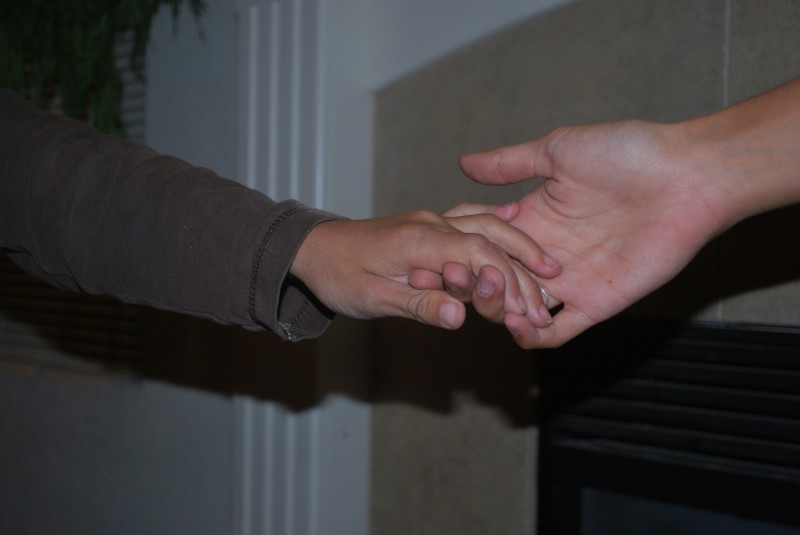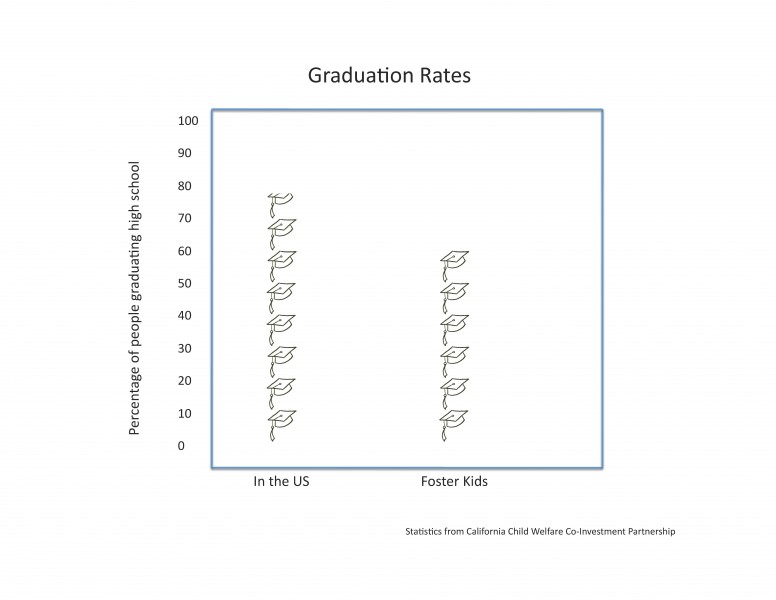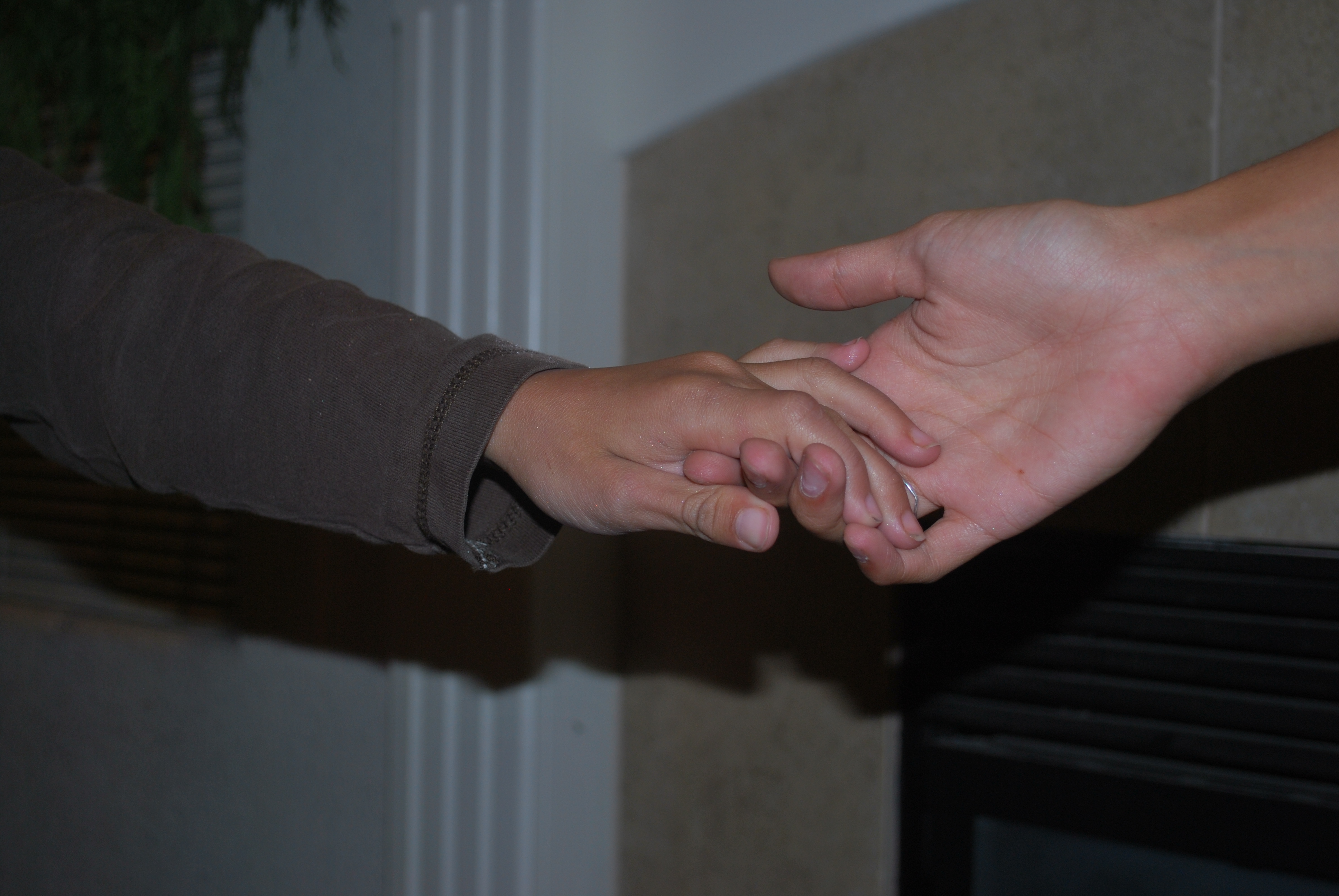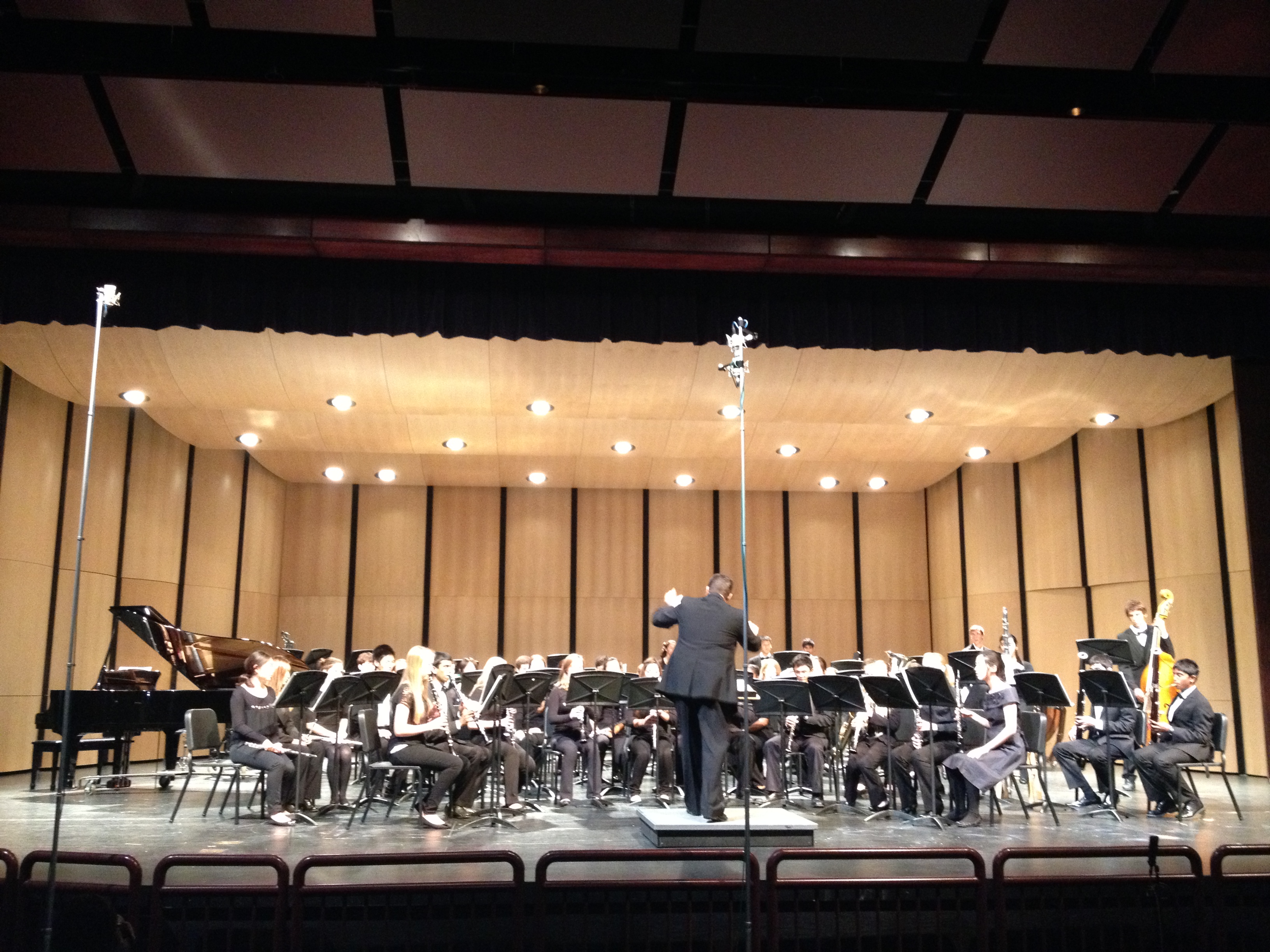DIVERSITY: Foster kids face social, educational disadvantages

By Sarah Garrett,
HUB Correspondent–
Being in foster care requires children to constantly move to new homes with complete strangers , which may lead to more instability and insecurities. This instability is seen in the foster kids’ performance in schools.
According to the California Child Welfare Co-Investment Partnership, 80 percent of foster kids repeat a grade by the time they reach third grade, and 75 percent of children ages 6 to 13 perform below grade level standard. That’s the reality of foster care.

There were more than 500,000 children in foster care in 2002, according to the Adoption and Foster Care Analysis and Reporting system. Among those children was sophomore Rodney Glasgow.
Glasgow was put into the foster care system when he was just two years old. He then moved from family to family for about five years until settling with his current family in Davis.
“Going from different families and all…I had friends, and then I’d lose them. Then I got more friends and I’d lose them. [Those were] tough situations,” Glasgow said.
Glasgow was adopted by his current family and now lives with his two parents and younger brother. He is very happy to have ended up in such a good home after such a rough journey through foster care.
Unfortunately, many foster kids are not as lucky as Glasgow. Alex Harary is a lawyer who represents foster children in Dependency court, the court that decides what happens to foster children.
Harary said that the court’s primary goal is do what is best for the child. In an ideal situation, he wants to reunite the child with their parents as long as that decision is safe and beneficial for all.
“No matter how bad [the situation] is, it’s still their family,” Harary said.
For the children who remain in the foster care system, Harary believes that it is most important to make sure that the foster kids have equal opportunities as other children.
“Everything from making sure they have shoes and clothes that fit to being able to go to prom,” Harary said.
It can be very hard to find the right home for a foster child. Sophomore Brooke Rosenblum has seen this firsthand, as her parents have fostered many children over the years.
After being raised with different foster siblings, Rosenblum has acquired a lot of compassion, and because of this she now spends a lot of her time working with disabled kids.
Foster parent Georg Rosenblum has been caring for foster children for years, and she and her family have always wanted to provide a loving, nurturing home for their foster children.
“I’m happy to help give the birth parents time to figure out how to be a parent, or to help place them in a loving, permanent home,” Georg Roseblum said.
Having lived in five different homes in less than five years before his adoption, Glasgow also has a lot of compassion for children still in the foster care system.
“[When in foster care] it doesn’t seem like there’s people out there that care for you,” Glasgow said. “But there are. I’ve definitely felt that now with the family I’m living with.”



